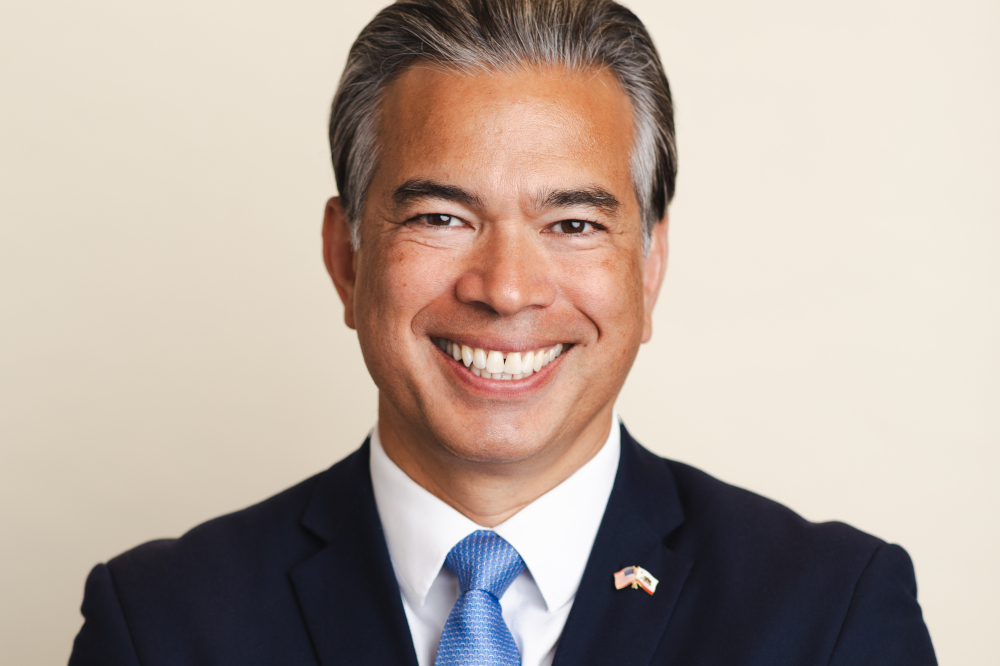[Also: Updates on developments in Utah and Tennessee]
Hemp stakeholders in California and New Jersey suffered major setbacks in court decisions late last week that upheld regulations cracking down on intoxicating hemp substances.
On Friday, a federal judge handed down a ruling against California hemp producers led by the U.S. Hemp Roundtable, Inc., who were attempting to block the state’s enforcement of emergency regulations. The court’s decision upheld California’s restrictions on synthetic products like delta-8 THC and HHC, reaffirming the state’s regulatory power over these substances.
The regulations, aimed at protecting children and teens from the harmful effects of intoxicating hemp products, ban the sale of products containing any detectable THC to people under 21 and limit the number of servings per package, while still allowing the sale of non-intoxicating CBD products and cannabis products at licensed dispensaries.
“Today’s decision affirmed that the potential harm to Californians, especially children, outweighs the potential that individual hemp businesses will not be able to adapt to the new regulations,” Gov. Gavin Newsom’s office said in a press release.
What hath the CBD and ‘intoxicating hemp’ cowboys wrought? Have a look at California
Judge Stephen I. Goorvitch in the Superior Court of California, Los Angeles, also dismissed claims from the hemp industry that the regulations would make medicinal CBD products unavailable, stating that CBD products without THC will still be available in retail stores, while those with THC can be purchased at licensed cannabis dispensaries.
Attorney General Rob Bonta praised the decision, emphasizing the need to protect children from the illicit, high-producing products made from hemp-derived CBD, which he said are often more intoxicating than legal marijuana, and frequently marketed in ways that appeal to young people.
“In California, we have established strict prohibitions against intoxicating cannabinoids in hemp products, regardless of whether they are naturally sourced or synthetic,” Bonta said. He said, nonetheless, the California Department of Justice “remains steadfast” in its commitment to safeguarding “the interests of legitimate businesses that operate with integrity in this (hemp) industry.”
Newsom introduced the emergency regulations in response to a rise in health incidents linked to intoxicating hemp products, with children being especially vulnerable. The state cited studies that have shown that products containing the substances can impair cognitive functions, memory, and decision-making in developing brains.
California, the largest U.S. market for hemp products, has been at the forefront of the national debate on how to handle intoxicating cannabinoids. The ruling follows months of legal wrangling between industry advocates and state regulators, who have argued that tighter controls are necessary to prevent unsafe products from reaching consumers.
NJ law mostly upheld
A federal judge has mostly upheld a new law in New Jersey aimed at cracking down on intoxicating hemp products. In denying a request by industry litigants to set the entire law aside, U.S. District Court Judge Zahid N. Quraishi said Thursday the state can regulate hemp as it wishes as long as it doesn’t prevent transportation or shipments.
“The New Jersey Legislature can continue to otherwise regulate the production of hemp as stringently as it would like,” the judge wrote in a 24-page decision.
Quraishi agreed with the plaintiffs, however, that parts of the law place an excessive burden on interstate commerce and technically contravene the 2018 Farm Bill law that legalized hemp.
The New Jersey law placed products containing intoxicating hemp substances under the same rules as those governing state-legal marijuana operators, and halted their sale until formal approval from cannabis regulators. Jurisdiction is under the New Jersey Cannabis Regulatory Commission (CRC).
Plaintiffs in the New Jersey case were Loki Brands LLC; North Fork Distribution, Inc. d/b/a Cycling Frog; Cantrip, Inc.; Alpha Omega Collectis LLC d/b/a/ ApolloSciences; Alternative Health Distribution LLC d/b/a CannaAid; and M&A LL Holdings LLC d/b/a Legal Leaf New Jersey.
Tennessee’s changes
In Tennessee, regulatory changes set to take effect Dec. 26, 2024, redefine how THC levels in products are measured. THC content will now be assessed based on the amount released when a product is burned, which could outlaw hemp flower and other popular products.
The Tennessee Department of Agriculture filed these rules in September, but local businesses are pushing back. The Tennessee Growers Coalition in September filed a lawsuit, arguing that the regulations exceed state law and violate the U.S. Farm Bill. The lawsuit comes after the state’s emergency rules were enacted in July 2024, restricting the sale of delta-8, delta-9, and delta-10 THC products made from hemp.
The regulations also introduce a licensing program for businesses selling hemp-derived cannabinoids and include new labeling and testing requirements, though topicals are exempt from these restrictions.
Utah ban in final stages
Utah is in the final stages of its push to ban intoxicating hemp, with the public comment period on proposed amendments ending tomorrow (Oct. 15, 2024). The state’s proposed ban targets delta-8 and delta-10 THC, with officials citing public safety concerns. Once the comment period closes, the Utah Department of Agriculture and Food (UDAF) will review submissions before making a final decision.

